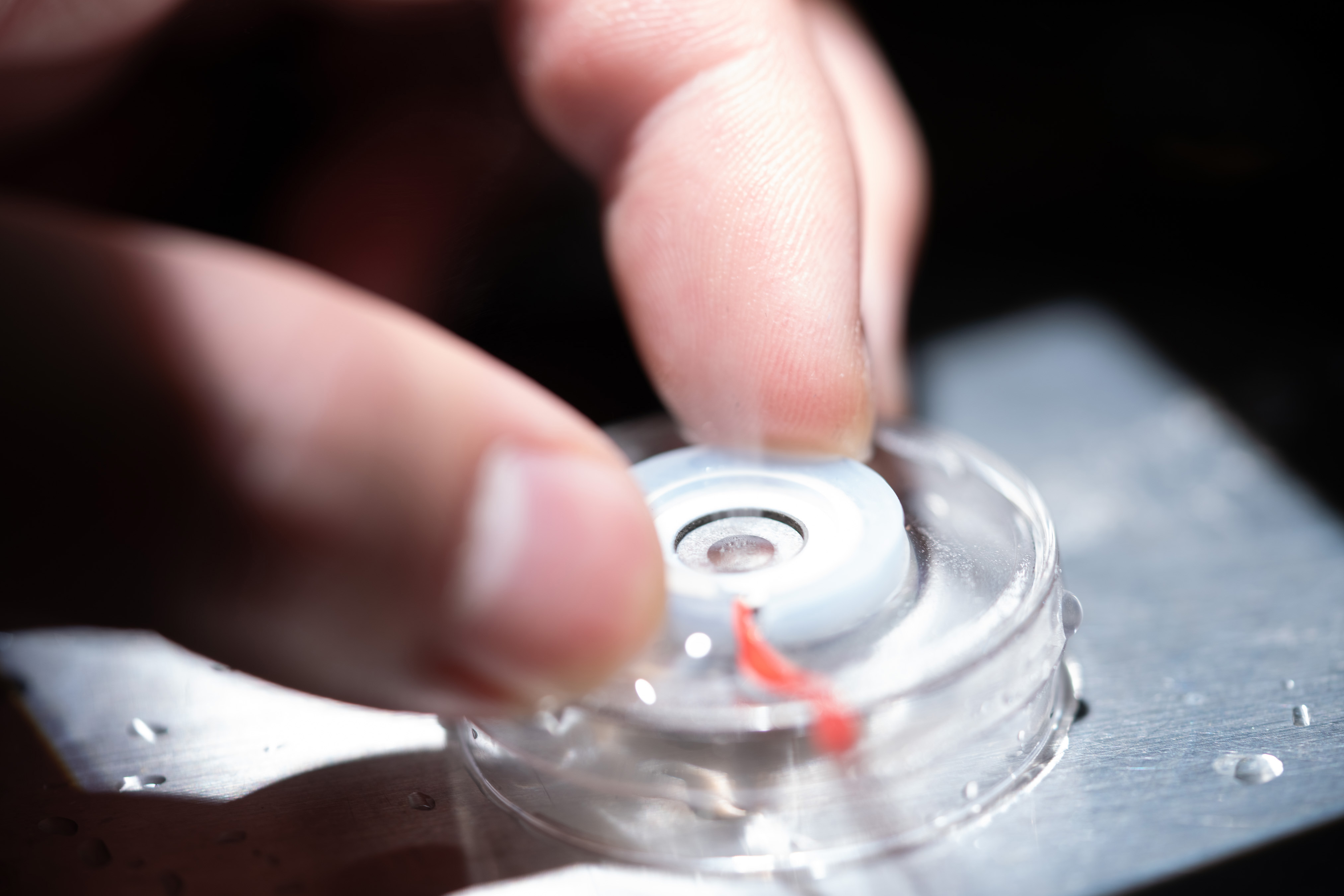Get the latest tech news
The enduring mystery of how water freezes
Making ice requires more than subzero temperatures. The unpredictable process takes microscopic scaffolding, random jiggling and often a little bit of bacteria.
Several dry Western states use ice-nucleating materials to promote precipitation, and U.S. government agencies including the National Oceanic and Atmospheric Administration and the Air Force have experimented with ice nucleation for drought relief or as a war tactic. This barrier to nucleation is like being at the top of a sea cliff on a hot day, said Konrad Meister, a biophysical chemist at Boise State University who studies biological antifreezes and ice-nucleating substances. More recently, in computer simulations published in May in the Proceedings of the National Academy of Sciences, Molinero and her colleagues showed that ice crystallization happens fastest when water’s temperature and pressure are tuned to a point of transition between denser and less dense liquid phases.
Or read this on Hacker News

